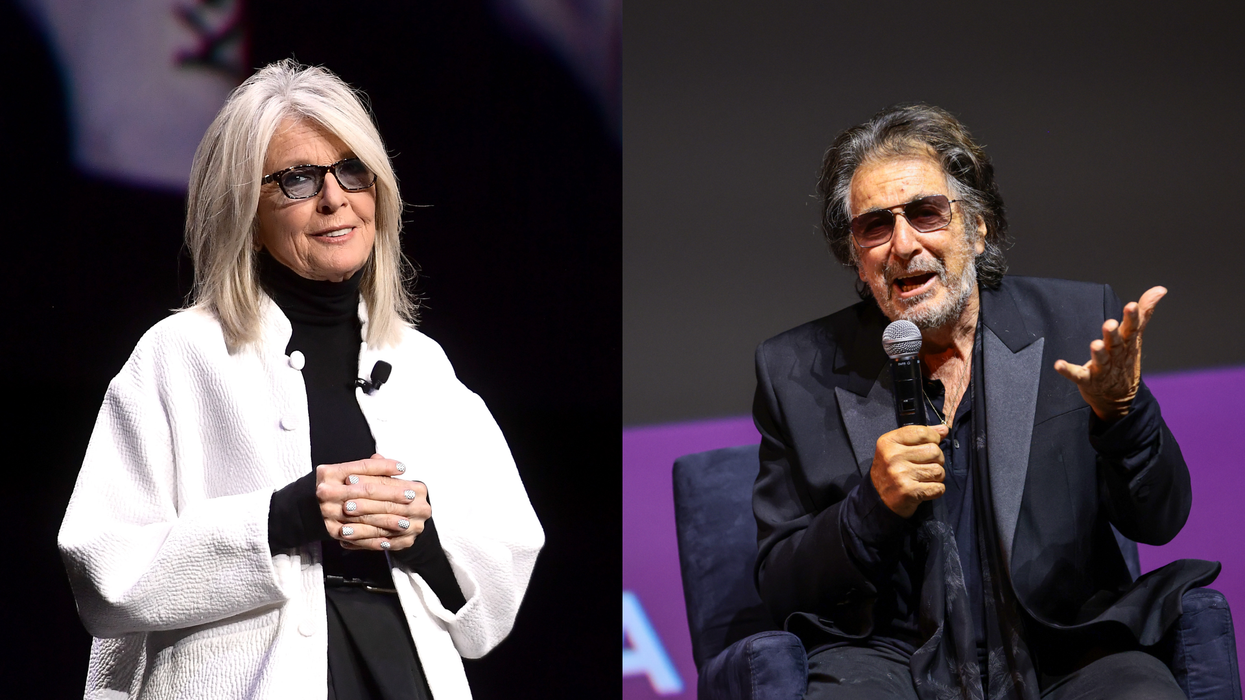Highlights:
- Their famous romance lasted years but never led to marriage
- Pacino now calls her the one who got away
- They lived close but never spoke after splitting
- Keaton herself thought marriage was a bad idea
- Both had children but never married anyone else
Diane Keaton passed away, and Al Pacino is struggling with it. A friend says he is filled with regret. He should have married her. This was the love of his life. Now it is too late. That chance is gone forever. Their story is a classic Hollywood tale. What might have been. It is a question with no answer now.

What happened between them?
It went on for years, on and off, since the 1970s. They met on the Godfather set. He was Michael Corleone. She was Kay Adams. It was a big Hollywood story. Everyone watched their romance unfold. It finally ended for good in 1990. She wanted to get married. He did not. So she left. That was that. No big dramatic fight, perhaps. Just an ending. He made his choice, and she made hers. But choices have consequences. He is feeling the weight of that now.

Why no marriage?
He just would not do it. Simple as that. Now he wishes he had. He is left with this empty feeling. A friend told the Daily Mail he will forever regret not making his move. He held onto a small hope for years, whispering to himself, “If it is meant to happen, it will find a way.” Not anymore. That door is shut. But Keaton saw things differently. She said it was probably for the best. "It would have been a nightmare for him," she once admitted to the Sunday Times. They were both too set in their ways, too independent. He needed a caretaker. She needed one too. But neither of them wanted to take that step. Maybe it just was not meant to be.

How is Pacino coping?
Not well, according to friends. This has hit him hard. He always thought there might be more time, another chance. That is gone now. They lived in the same Beverly Hills area for years but never spoke. Not a word. Can you imagine? So close, yet completely disconnected. Why? He felt everything had already been said between them. All the words had been used up. What more was there to say? Now there is plenty he would probably like to say, but no one to hear it.

What about Keaton's view?
She loved him once, that is clear. She told People magazine she was "mad for him." She called him charming, hilarious, a nonstop talker. But love is not always enough. It does not always build a life. She built her life her own way. She never married. She adopted two children in her 50s, Dexter and Duke. She found her family without a wedding ring. He found his too: three kids from previous relationships, plus a new little one, Roman. But no wife. Ever. Makes you think, does it not?

What now?
He has to live with his choice. They both built lives without each other. He honoured her once at an AFI event. "You’re an artist, Di," he said. "I love you, forever." He has his kids, his work. But a friend says he is facing the truth now. Looking back, he knows Diane was the love of his life, an incredible woman. And he let her slip away. That is the kind of thing that stays with you.





